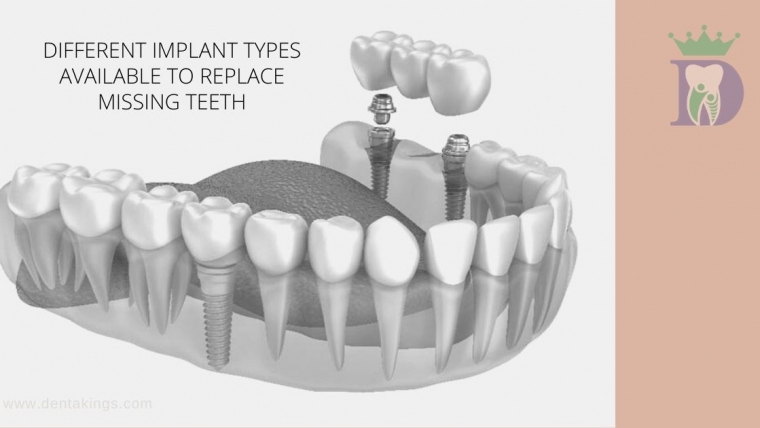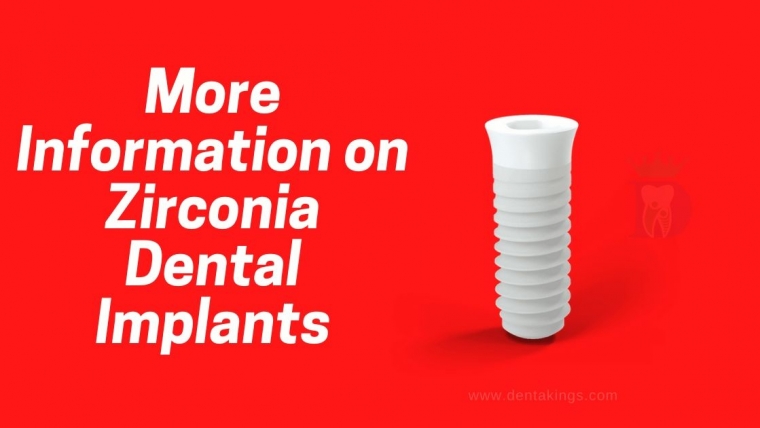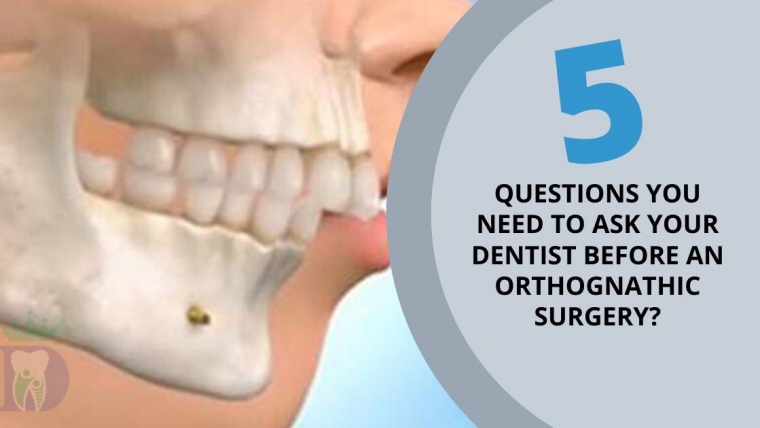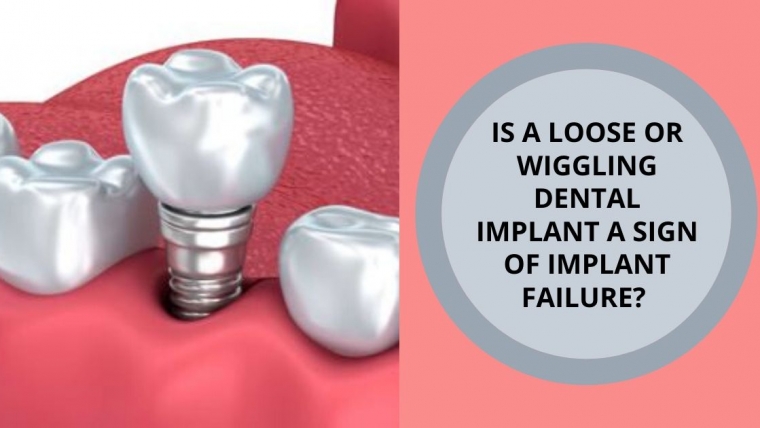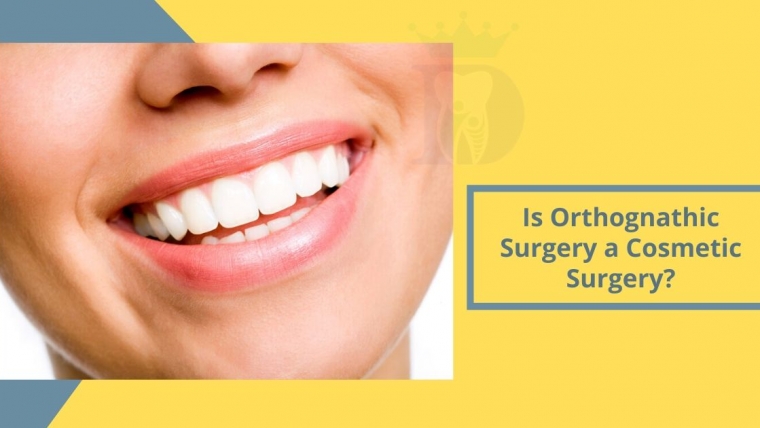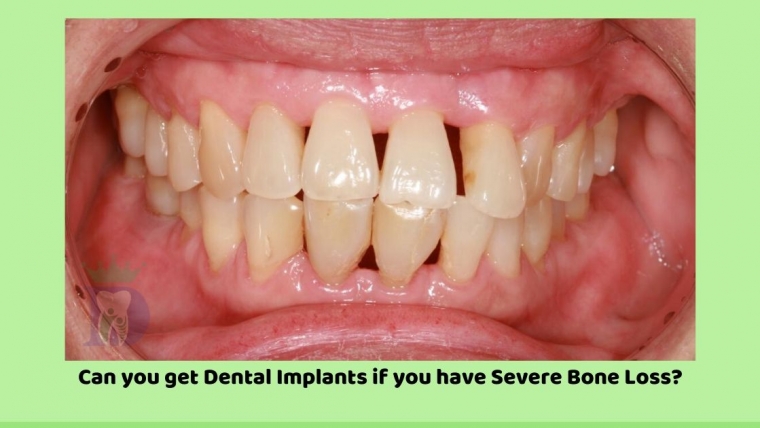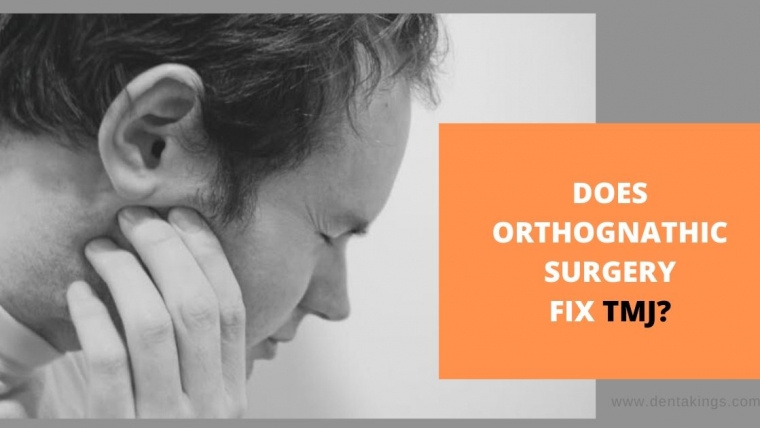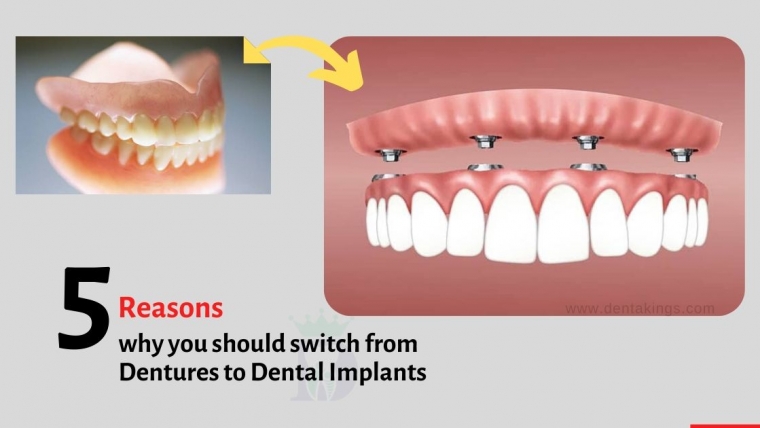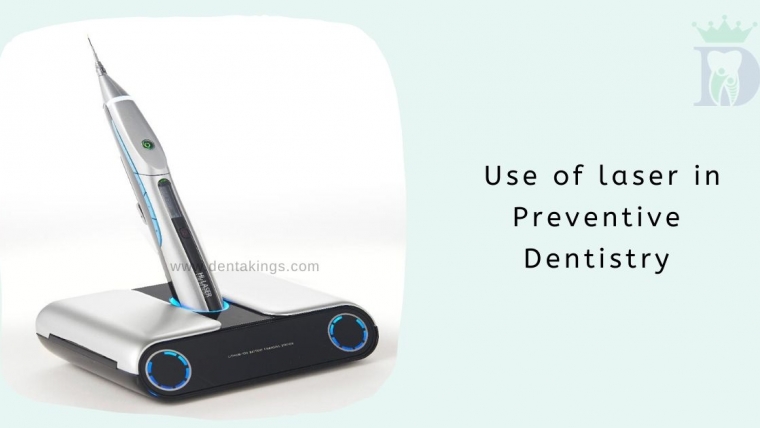Most of us obtain all 32 of our teeth by the time we reach adulthood. But how many of us make it through life with all our teeth intact? On average, people lost about 12 permanent teeth by the time they reach their 50’s. Commonly, most of us lose our teeth due to tooth decay, gum diseases, or oral trauma. Regardless of the cause of tooth loss, losing one or more teeth can not only affect your aesthetics but can also affect your bite and can cause jaw bone loss.
With advancements in modern dentistry, you can replace the lost with dental implants that are as functional and attractive as the teeth they have replaced. In this blog, we a going to discuss the different implant options, if you are considering to replace all your teeth.

